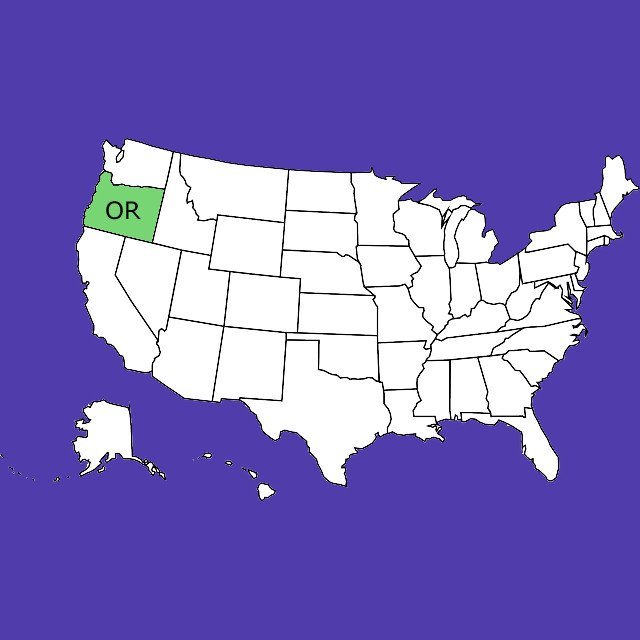Authored By: Justin Hobson


This article was originally published on Lane Powell’s The Pipeline: Cannabis Law Advisor Blog. Lane Powell’s Cannabis Practice Group discusses the legal issues that impact the cannabis industry, including regulatory, banking, intellectual property and investing.
About the Author: Justin’s practice includes all aspects of business taxation. He has particular experience counseling clients on a variety of cross-border tax matters, including global restructuring, cross-border transactions, entity formation, tax treaties, accounting for income taxes, transfer pricing, import and export taxes, customs duties, and value-added taxes.
206.516.9846
LANEPOWELL.COM
Regulating Immature Plants
SB 1057 removes a Measure 91 restriction on the OLCC regulation of immature plants, which are any plants that are not flowering. (The term flowering is not defined by statute.) ORS 475.070(3)(B) currently limits OLCC control over
(i) the number of immature plants possessed by a producer,
(ii) the size of the grow canopy a producer uses to grow immature plants, and
(iii) the weight or size of shipments of immature plants made by a producer.
Section 56 of SB 1057 will remove these restrictions on OLCC regulation of immature plants and immature plant canopies. Section 57 will amend ORS 475B.075 such that the OLCC will be required to regulate both immature and mature plant canopies and to take into consideration the market demand for adult-use cannabis in the state and whether the availability of adult-use cannabis is commensurate with market demand.
Even without SB 1057, the OLCC is obligated to regulate mature plant canopies to ensure a balance of supply and demand. SB 1057 expands on the OLCC obligation to regulate both immature plant canopies and mature plant canopies.
While the reasoning for expanding the OLCC’s control over immature plant canopies remains unclear, the likely explanation is that the state wants additional control and oversight to avoid conflict with the 2013 Cole Memo. A priority of the Cole Memo is to prevent diversion of cannabis from states where it is legal to other states.
The OLCC cannabis tracking system (CTS) does not currently require that producers track immature plants. The published FAQ states that individual plants must be tracked once they reach 24 inches in height, and immature plants may be included in a larger lot under a single tracked identification. Therefore, CTS is not a true “seed-to-sale” tracking system and arguably permits diversion of products grown by licensed producers to the gray market. While licensed producers may dislike additional OLCC oversight, reducing the amount of product available on the grey and black markets would likely push more adult users to the regulated market.
Disclosing Financial Interest Holders
The second notable provision of SB 1057 is located in section 8. This provision gives the OLCC the explicit authority to require a licensee or applicant to disclose the name and address of each person that has a “financial interest” in a licensed business, as well as the nature and extent of that interest. This is of particular interest given the broad authority already granted to the OLCC in ORS 475B.025. The existing statute grants the OLCC authority to grant, refuse, suspend or cancel licenses. The existing statute also includes the authority to adopt, amend or repeal rules necessary to carry out the intent and relevant statutory provisions.
OAR 845-025-1030 details the Oregon license application process. Among the requirements, an applicant must include the names and other required information for individuals with a financial interest in the applicant but who are not an applicant under the rules. This begs the question, “Why does SB 1057 grant the OLCC statutory authority to obtain this information?” The logical answer is that the OLCC believes either it may not have the regulatory authority, or that one or more applicants have questioned the OLCC’s authority. Regardless of whether the Governor signs SB 1057, prospective applicants should be prepared to disclose all individuals that have a financial interest in the applicant.




